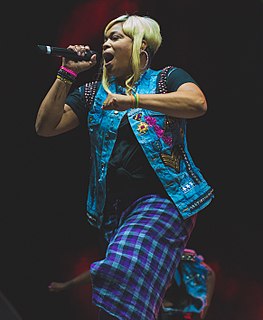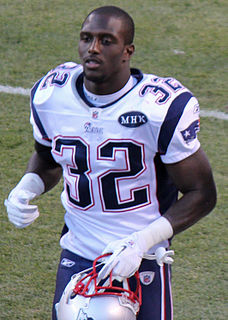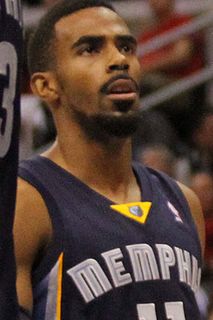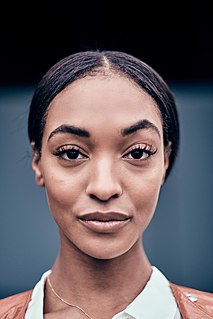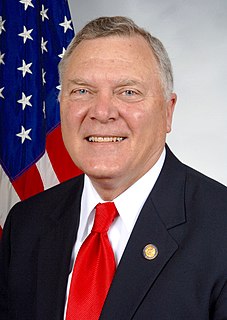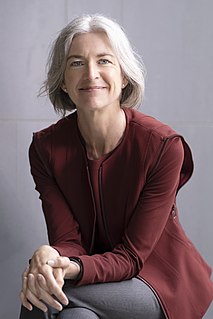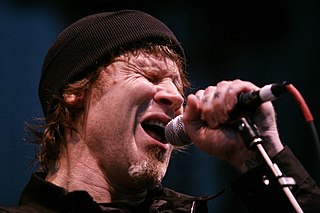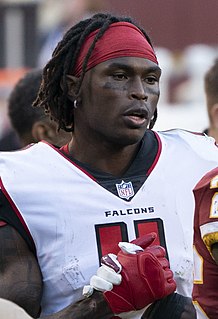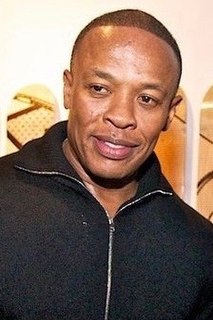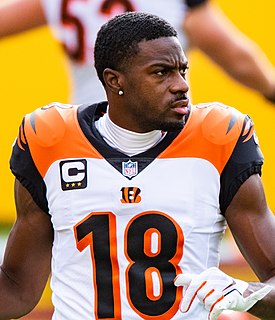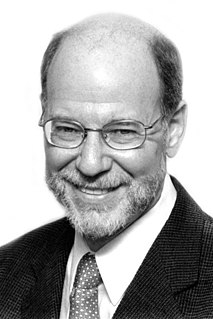A Quote by Tionne Watkins
Because of my sickle-cell disease, I have a high tolerance for pain.
Related Quotes
The reason I got into sickle cell was my aunt has the disease, my uncle has the disease, and then the more I looked into it, a lot of minorities have the disease and it just doesn't get covered. No one really talks about it, and I felt it was the same thing with the different social injustice issues and topics that I kind of dove into.
One can envisage taking cells from a patient with sickle-cell anaemia or an inherited blood disorder and using the Cas9 system to fix the underlying genetic cause of the disease by putting those cells back into the patient and allowing them to make copies of themselves to support the patient's blood.
For the most part I have been able to meet all my goals, but I always strive for bigger goals in life so everything's not complete just yet. My first aspiration was to be known as a singer and also as an advocate for sickle cell disease. I try to be that inspiration, you know. It's not as bad as people try to make it seem. I mean, it is, but it's not. People don't have to be afraid of it; they don't have to be held down by it. Try to find triumph in the situation.
